Nordic Ideology: A Metamodern Guide to Politics, Book Two
by Hanzi Freinacht
This book, the second in Hanzi Freinacht's "metamodern guide to politics," outlines a path for societal evolution beyond modern limitations, aiming for a "relative utopia." It builds upon the concepts introduced in the first book, "The Listening Society," expanding on the idea of adult development and linking it to a concrete political program.
The book is structured into three parts:
1. The Map: This section explores the historical development of society, highlighting the concept of "attractors" – patterns that are likely to emerge and stabilize in a dynamic system like society. The book argues that understanding these attractors is crucial for navigating societal change and presents several key attractors for the future: a new stage of state development with increased intimacy of control, higher forms of freedom based on evolving emotional regimes, deeper equality across six dimensions (economic, social, physiological, emotional, ecological, informational), and more progressive norms.
2. The Plan: This section presents the "Nordic ideology," a roadmap for transforming modern society into a metamodern relative utopia. It details six new forms of politics designed to address modern societal problems:
- Democratization Politics: Updating and improving governance systems through continuous experimentation and development of new forms of democracy (direct, representative, participatory, deliberative).
- Gemeinschaft Politics: Enhancing the quality of human relationships across all spheres of life, from local communities to personal interactions.
- Existential Politics: Supporting personal growth, mental health, and moral integrity through initiatives like secular monasteries and widespread meditation training.
- Emancipation Politics: Protecting individual rights and countering oppression arising from increased societal control, with a focus on "human rights 2.0" – a constantly evolving framework for negative rights.
- Empirical Politics: Promoting evidence-based practices and enhancing scientific literacy throughout society.
- Politics of Theory: Deliberately shaping the dominant narratives and worldviews guiding society through a "Ministry of Theory."
3. The Proof: This section argues that the Nordic ideology surpasses all modern ideologies in achieving their goals: it is more egalitarian than socialism, freer than libertarianism, more sustainable than ecologism, more prudent than conservatism, and more rebellious than anarchism. It demonstrates how political metamodernism can utilize and co-opt these ideologies to achieve its aims.
Key takeaways:
- Societal progress involves game change, accepting and actively transforming the rules of life rather than denying or blindly accepting them.
- Relative utopia acknowledges that societal progress always involves trade-offs and new challenges, but strives to achieve a better society than what came before.
- Political metamodernism emphasizes inner development, a more holistic view of society, and the need for continuous renewal of institutions and narratives.
- The Nordic ideology serves as a blueprint for navigating the challenges of the digital age and achieving a more just, sustainable, and fulfilling society.
Overall, the book presents a complex and challenging vision for the future of society, encouraging a playful yet earnest engagement with the paradoxes and potentialities of a metamodern world. It calls for a shift in consciousness and a more nuanced understanding of how psychology, behavior, culture, and systems co-evolve to shape our collective destiny. It argues that by embracing the listening society and the Nordic ideology, we can collaboratively navigate the uncertainties of the future and steer towards a more meaningful and flourishing existence.
